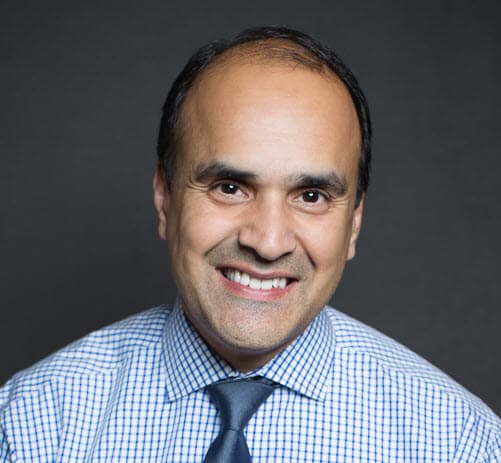
@ShahidNShah

The nice folks at Ingenious Med reached out to get my opinion on the recent ICD-10 transition. They summarized my thoughts in a recent post on their blog. Their questions reminded me of similar ones I’ve been recently asked so I thought I’d elaborate them here.
Q: How will the additional specificity required by ICD-10 pose a challenge for clinicians and the way that they currently track patient information?
A: For clinicians with “simple” requirements – such as specialists or those that don’t perform too many different diagnoses or procedures the transition will be annoying but not catastrophic. For primary care and other physicians that see a wide variety of conditions or perform many different kinds of procedures or diagnoses they will have more work and will take a little more time to transition.
Q: Is there a potential for a negative impact on patient care as kinks are worked out during the transition?
A: In the short term there will may be a negative impact on patient care as visits may now take longer on the administrative side and reduce the amount of time practice staff spend with patients on the clinical side.
Q: What special challenges will come with the ICD-10 implementation in the United States, as opposed to the rest of the countries that use it?
A: There are many more challenges in the USA because we have an intermediated payer system with many payers that care delivery organizations need to support on behalf of their patients. Even a small clinic will have to deal with many different payers that have their own payment rules and processes. Large institutions will have even more challenges (but they also have bigger IT staff). In other countries many of the payers are government centric or have a smaller number of payers to deal with.
Q: What financial consequences will ICD-10 have on the healthcare system?
A: In the short term the financial consequences will be slower payments to care delivery organizations as systems are sync’d and they work through issues and bugs on the payer side. Unlike Meaningful Use, which primarily affected hospitals and clinicians’ internal systems and processes, ICD-10 is a “fully system challenge” which encompasses payers, providers, and ancillary institutions. Long term, though the financial consequences are likely to be positive because we’ll have more granularity of data and physicians can get paid more for complex services.

Shahid Shah is an internationally recognized enterprise software guru that specializes in digital health with an emphasis on e-health, EHR/EMR, big data, iOT, data interoperability, med device connectivity, and bioinformatics.
Connecting innovation decision makers to authoritative information, institutions, people and insights.
Medigy accurately delivers healthcare and technology information, news and insight from around the world.
Medigy surfaces the world's best crowdsourced health tech offerings with social interactions and peer reviews.
© 2025 Netspective Media LLC. All Rights Reserved.
Built on Mar 12, 2025 at 5:07am